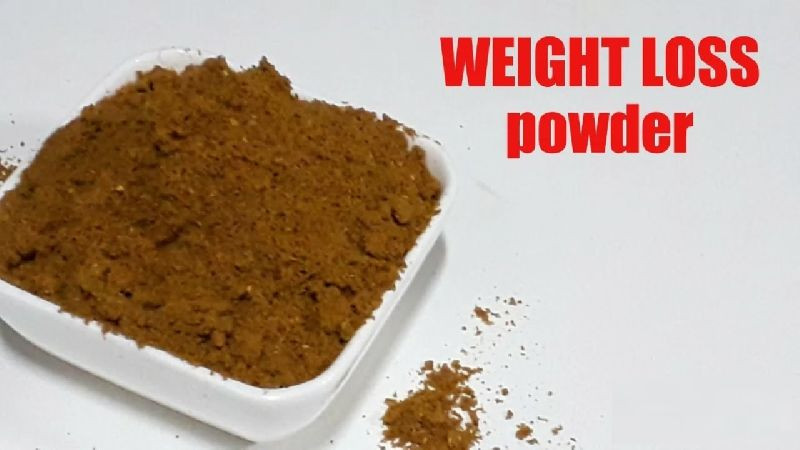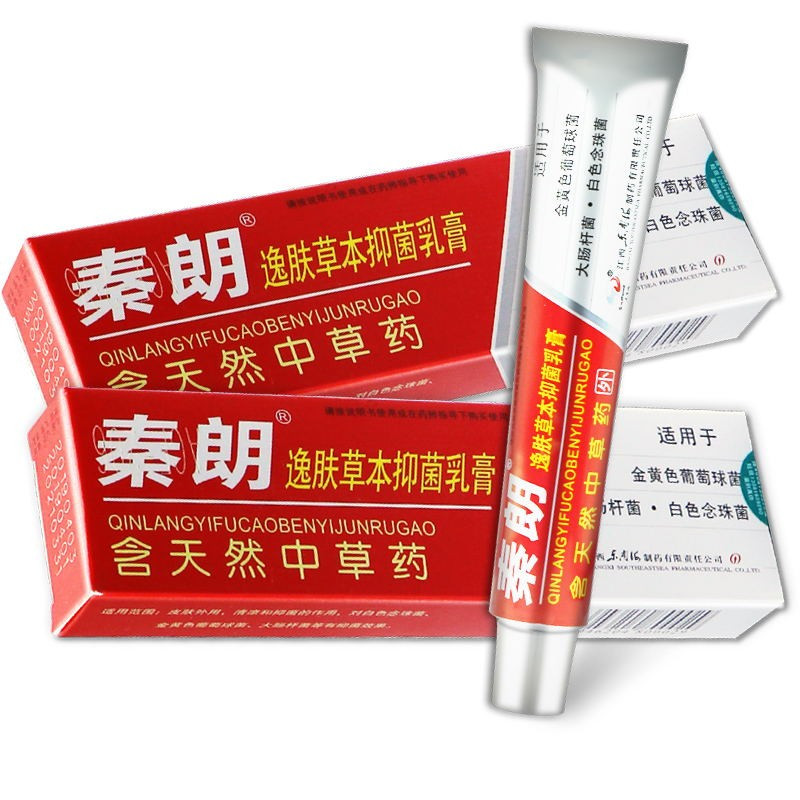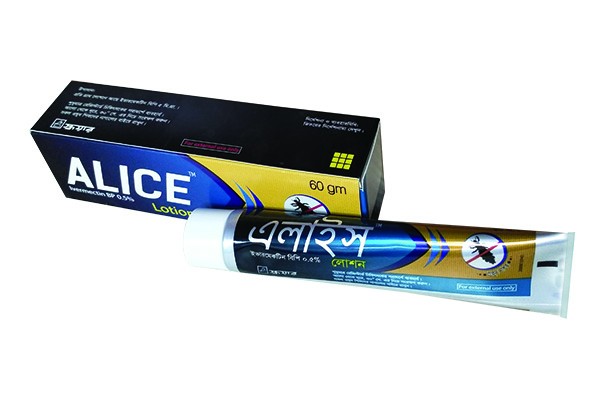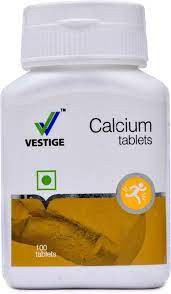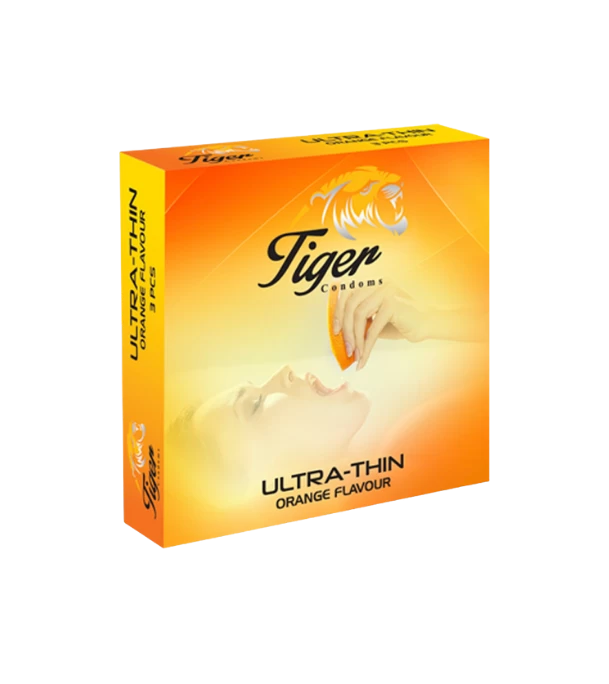Generic
Tofacitinib
Indications
- Adult patients with moderately to severely active rheumatoid arthritis who have had an insufficient response or intolerance to methotrexate should take tofacitinib. It can be used alone or in combination with other nonbiologic disease-modifying antirheumatic medicines like methotrexate (DMARDs).
- Adult patients with active psoriatic arthritis who have had an unsatisfactory response or sensitivity to methotrexate or other disease-modifying antirheumatic medications may be treated with tofacitinib (DMARDs).
Pharmacology
Rheumatoid arthritis is an autoimmune illness in which pro-inflammatory cytokines such as IL7, IL15, IL21, IL6, IFN-alpha, and IFN-beta are dysregulated. (3) By increasing the recruitment and activation of immune cells via the janus kinase signaling pathway, cytokines signaling causes tissue inflammation and joint injury.
Dosage & Administration
Rheumatoid Arthritis: Tofacitinib 5 mg twice daily or Tofacitinib 11 mg once daily. Recommended dosage in patients with moderate and severe renal impairment or moderate hepatic impairment is Tofacitinib 5 mg once daily.
Psoriatic Arthritis (in combination with nonbiologic DMARDs): Tofacitinib 5 mg twice daily or Tofacitinib 11 mg once daily. Recommended dosage in patients with moderate and severe renal impairment or moderate hepatic impairment is Tofacitinib 5 mg once daily.
Interaction
- Cytochrome P450 3A4 (CYP3A4) inhibitors of high potency (e.g., Ketoconazole)
- Tofacitinib 5 mg once daily is the recommended dose: One or more concurrent medicines that result in both moderate and strong suppression of CYP3A4 and CYP2C19 (e.g., fluconazole)
- Tofacitinib 5 mg once daily is the recommended dose. Inducers of CYP (e.g., Rifampin): It's possible that you'll lose or have a lower clinical response as a result of this.
Contraindications
- active tuberculosis.
- inactive tuberculosis.
- shingles.
- opportunistic fungal infection.
- a bad infection.
- cancer or malignancy.
- high cholesterol.
- anemia.
Side Effects
The most commonly reported adverse reactions during the first 3 months in controlled clinical trials (occurring in greater than or equal to 2% of patients treated with Tofacitinib monotherapy or in combination with DMARDs) were upper respiratory tract infections, headache, diarrhea and nasopharyngitis.
Pregnancy & Lactation
- Pregnancy Classification C. In pregnant women, there are no sufficient and well-controlled trials. Only if the possible benefit outweighs the risk to the fetus should tofacitinib be used during pregnancy.
- Tofacitinib is not known to be excreted in human milk. Because many medications are excreted in human milk and because Tofacitinib can cause serious adverse reactions in nursing infants, a choice should be made whether to stop breastfeeding or stop taking the drug, taking into mind the drug's importance for the mother.
Precautions & Warnings
- Tofacitinib should not be used during an active serious infection, especially localized infections.
- Use with caution in patients who may be at risk for gastrointestinal perforations.
- Due to possible changes in lymphocytes, neutrophils, hemoglobin, liver enzymes, and lipids, laboratory monitoring is recommended.
- Immunizations: Tofacitinib should not be combined with live vaccinations.
- If the absolute lymphocyte count (ALC) is less than 500 cells/mm3, the absolute neutrophil count (ANC) is less than 1000 cells/mm3, or the hemoglobin level is less than 9 gm/dL, Tofacitinib should not be started.
Therapeutic Class
Immunosuppressant
Storage Conditions
Do not store at temperatures above 30°C. Keep out of children's reach.
Pharmaceutical Name
Eskayef Pharmaceuticals Ltd.


